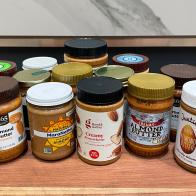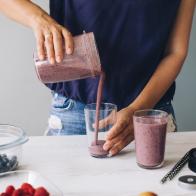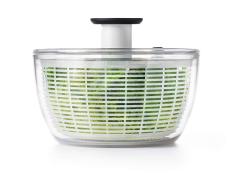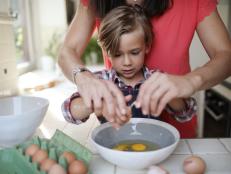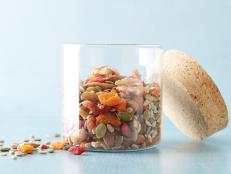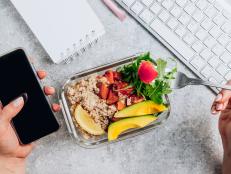Home-Packed Lunches Are Healthier When Kids Help, Study Shows
Fruits and vegetables show up more often in lunchboxes when kids help pack them, a new study suggests.

omgimages/Getty
Want to send your kids to school with a healthy, home-packed lunch (and feel at least somewhat confident that they’ll actually eat it)?
A new study has confirmed what most parents probably already know: Kid buy-in is key.
When kids participate in deciding what to pack in the lunches they bring to school, those lunches may be more likely to include fruits and vegetables, a study of California families conducted by a researcher at the University of Illinois and published in the journal Appetite found.
Lunches packed with child input “contained more fruits and vegetables across the week and additional servings of vegetables on Mondays,” lead author Carolyn Sutter, a postdoctoral research associate at U. of I.’s Family Resiliency Center, said in a university release. “Having the child help decide what they’ll eat for lunch may allow the parent and child to work together to choose fruits and vegetables the child is interested in eating.”
The study looked closely at the lunches brought to school by 90 kids in 4th, 5th and 6th grades at three schools, examining and recording the contents of those lunches across five consecutive school days and surveying parents about the children’s involvement in deciding what foods to pack, as well as other factors in the home environment.
While the vegetables packed into lunches tended to be only about one-third to one-half of a recommended half-cup serving, most of the fruit portions packed were a full half-cup serving, researchers found.
Other factors, like the parents’ nutritional knowledge, parenting style and financial stress, also appeared to play a role in the kinds of foods kids brought to school in their lunches.
Kids whose parents had greater awareness of nutritional guidelines tended to bring more fruits in their lunches throughout the week and more servings of vegetables on Mondays, although vegetable portions declined as the week went on. The researchers suggest that parents may get discouraged, stressed or feel budget constraints as the week goes on.
When parents scored high on “authoritative parenting practices,” meaning they were more apt to show warmth and be involved in their kids’ lives and responsive to their needs, their kids were found to bring more vegetables to school in their lunches — except, again, on Mondays. This may be a matter of parents setting boundaries that respond to kids’ preferences and needs, researchers say. (Maybe these parents figure Mondays are hard enough?)
Financial stress appeared to play a pronounced role as well.
"Families that had financial stressors were more likely to never pack a vegetable during the week and packed fewer servings on Monday, perhaps because they don't have access to healthy food available at home," Sutter said in the release.
One theory posited by the researchers: Parents with limited resources may hesitate to send fruits and vegetables off in their kids’ lunches, having no way to know if their kids will actually eat the healthy items. Instead, they may prefer to avoid potential waste and offer fruits and veggies at family meals, where they can make sure they are consumed.
Related Links


















